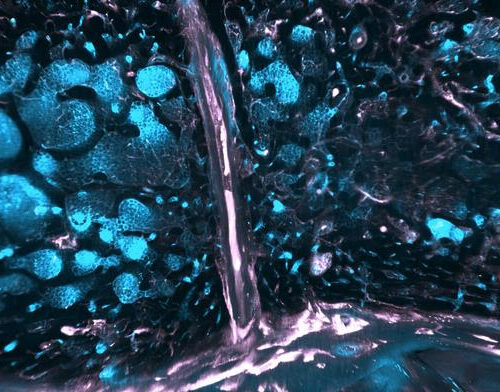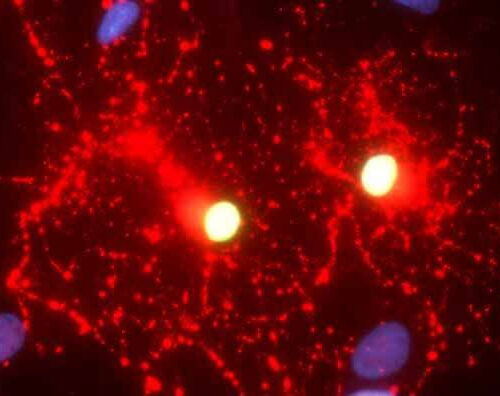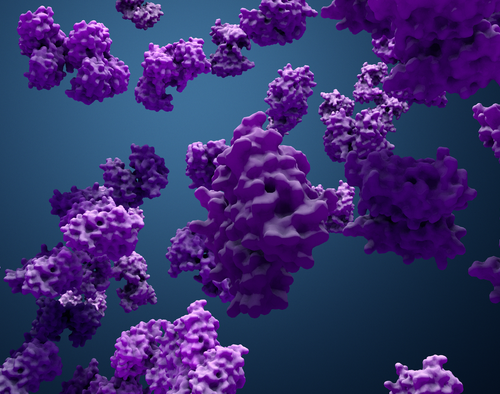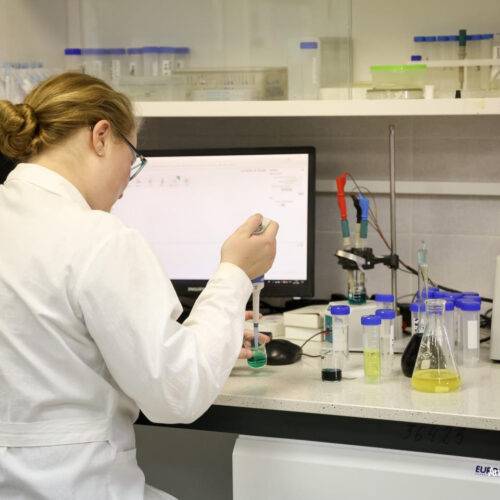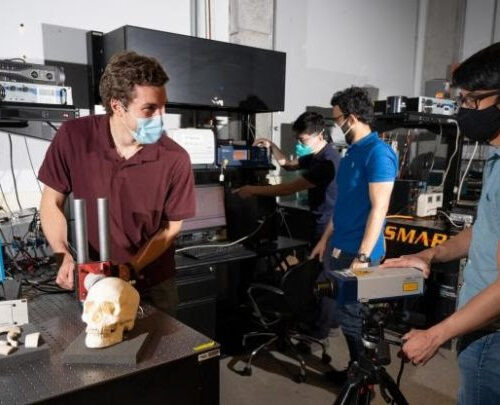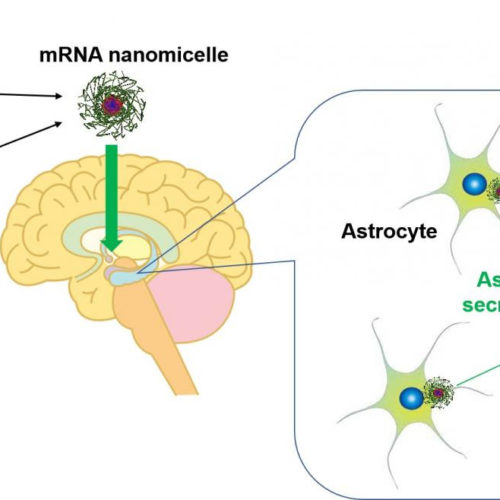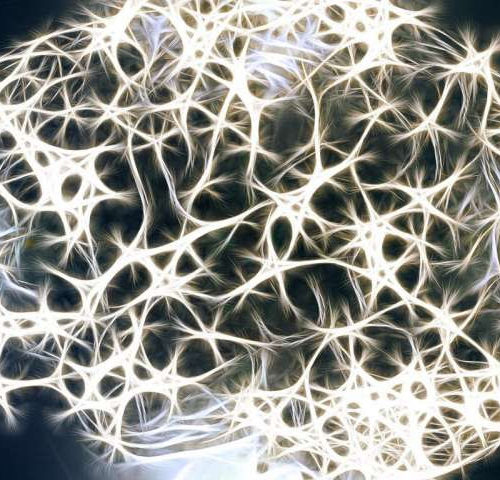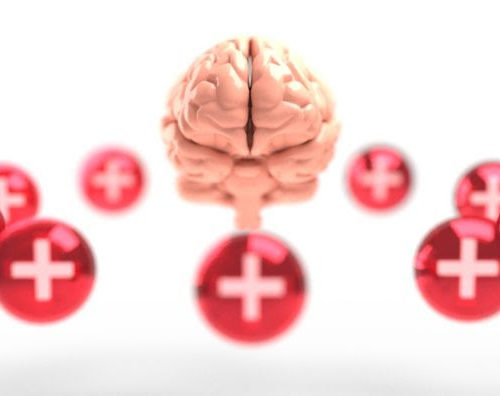by Sanjay Sisodiya and Mark Maslin, The Conversation Credit: Pixabay/CC0 Public DomainClimate change is making the symptoms of certain brain conditions worse, our new review published in The Lancet Neurology has found. Conditions that can worsen as temperature and humidity rise include stroke, migraines, meningitis, epilepsy, multiple sclerosis, schizophrenia, Alzheimer’s disease and Parkinson’s. Our brains...
Tag: <span>brain diseases</span>
A new ally in fighting brain diseases: our very own skull
HELMHOLTZ MUNICH (HELMHOLTZ ZENTRUM MÜNCHEN DEUTSCHES FORSCHUNGSZENTRUM FÜR GESUNDHEIT UND UMWELT (GMBH)) IMAGE: THE IMAGE PROVIDES A CAPTIVATING VIEW OF THE INTRICACY AND INTERCONNECTEDNESS OF THE HUMAN SKULL. THROUGH THE USE OF ADVANCED TISSUE CLEARING TECHNIQUES AND IMAGING WITH A LIGHT SHEET FLUORESCENT MICROSCOPE, THE SAMPLE HAS BEEN LABELED TO HIGHLIGHT MYELOID IMMUNE CELLS (SHOWN...
Scientists develop universal donor stem cell therapy to treat degenerative brain diseases in a preclinical study
by Zen Logsdon, City of Hope National Medical Center City of Hope’s Yanhong Shi, Ph.D., and her colleagues engineered healthy human skin cells containing the functional aspartoacylase (ASPA) gene into induced pluripotent stem cells (iPSCs) and then differentiated the iPSCs into oligodendroglial progenitor cells, the precursor cells that produce myelin, an insulating sheath that wraps around...
Genetic Therapies for Brain Diseases
By Diana Kwon, Nature magazine on May 13, 2021 Evie Lewis with her parents, Elliot and Janell. Evie receives a dose of a genetic therapy every few months to treat spinal muscular atrophy. Credit: Kim Raff Nature Susan was still a child when she first suspected something might be wrong with her mother. A cup or plate would often crash...
Researchers shed new light on molecular mechanisms in brain diseases
IMAGE: RUTGERS RESEARCHERS HAVE DISCOVERED SOME OF THE FIRST MOLECULAR INSIGHTS INTO HOW TOXIC PROTEINS ARE REGULATED IN NEURODEGENERATIVE DISEASES SUCH AS ALZHEIMER’S AND PARKINSON’S. CREDIT: SHUTTERSTOCK New Brunswick, N.J. (Sept. 13, 2021) – Rutgers researchers have discovered some of the first molecular insights into how toxic proteins are regulated in neurodegenerative diseases such as Alzheimer’s and...
Chemists found an effective remedy for “aged” brain diseases
URAL FEDERAL UNIVERSITY IMAGE: RUSSIAN CHEMISTS OBTAINED NEW MOLECULES OF THE INDOLYL- AND PYRROLYLAZINE SERIES CREDIT: URFU / ANASTASIA KURSHPEL Russian scientists have synthesized chemical compounds that can stop the degeneration of neurons in Alzheimer’s, Parkinson’s, and other severe brain pathologies. These substances can provide a breakthrough in the treatment of neurodegenerative pathologies. New molecules...
The Science of Sound, Vibration to Better Diagnose, Treat Brain Diseases
A team of engineering researchers at the Georgia Institute of Technology hopes to uncover new ways to diagnose and treat brain ailments, from tumors and stroke to Parkinson’s disease, leveraging vibrations and ultrasound waves. The five-year, $2 million National Science Foundation (NSF) project initiated in 2019 already has resulted in several published journal articles that...
A new agent for the brain diseases: mRNA
TOKYO MEDICAL AND DENTAL UNIVERSITY IMAGE: Brain-derived neurotrophic factor (BDNF) serves as a potential candidate neuroprotective agent, but there are almost no successful clinical trials due to high hurdle in brain access and short half-life. Fukushima et al. show intraventriclarly administered BDNF mRNA using polyplex nanomicelle exerted a prominent effect to prevent neuronal death with...
Discovery of new step in how brain cells work could lead to new therapies for epilepsy
by RCSI University of Medicine Researchers have identified a critical new step in how brain cells function in people with one of the most common forms of epilepsy. This could lead to new treatment approaches for people with drug-resistant epilepsy. The study was led by researchers at FutureNeuro, the SFI Research Centre for Chronic and...
Tracer molecules can distinguish between very similar brain diseases
Two diseases that affect the brain, Parkinson’s disease and multiple system atrophy, show the same characteristics: proteins form toxic aggregates. Scientists have now shown that tracer molecules developed at LiU can distinguish between these diseases. They hope that the discovery will lead to earlier molecular diagnosis A doctor faced with a person who has problems...
- 1
- 2


